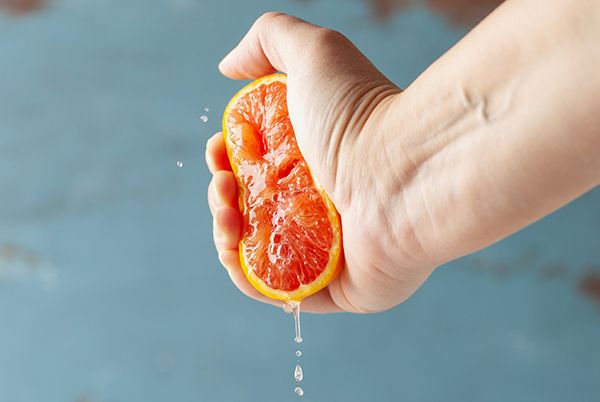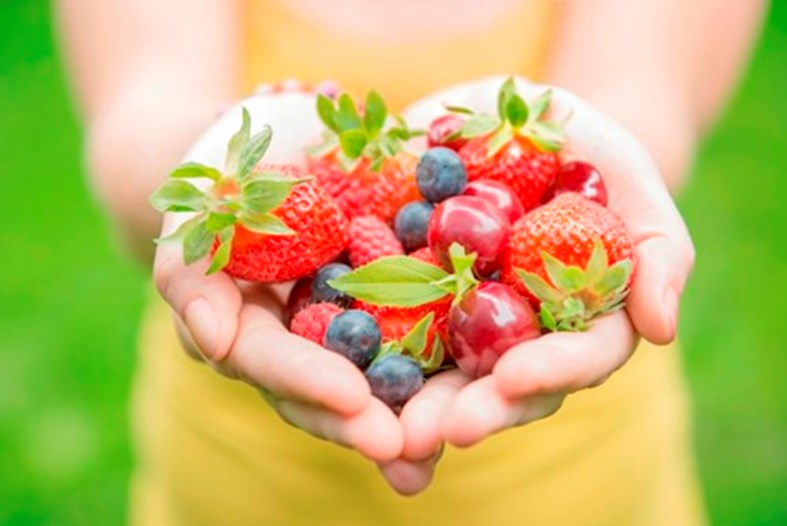If you’re used to buying fruit juice from the supermarket, choosing the right juicercan be a little tricky. Some are great for making vitamin-packed breakfast drinks, while others are better at whipping up dips and spreads.
There are two main kinds of juicer; cold press and centrifugal. We’ll take you through the similarities and differences to help you make the right decision. Then, as far as making homemade juice, you’ll crush it!
Cold press juicers (masticating juicers)
Cold press juicers work very differently to their centrifugal juice extractors – see below. You might need to chop your fruit first, but cold press juicers slowly squeeze fruit. You may have to wait longer, but the slower system means that cold press juicers can extract more nutrients from your fruit. Less haste, less waste.
Speaking of nutrients, cold press juicers are cold for a reason. Because of heat and oxidation, enzymes and vitamins in centrifugal-made juice break down much faster. Your cold press juice is likely to be more nutritious and have a longer shelf life. You’ll also get that opaque juice colour you see in premium fruit juices. They also work great when you add leafy greens like kale.
Centrifugal juice extractors
Having a centrifugal juicer in your kitchen is great when you’re in a rush to head out. One of the major benefits is that there’s virtually no prep time needed. Because centrifugal juicers have a fast-spinning blade, you don’t need to focus on chopping ingredients. Some are even powerful enough to juice a whole apple!
Because these juicers quickly slice your ingredients instead of grinding them, they’re considerably faster than masticating juicers. They’re also easier to clean. Many centrifugal juicers have detachable dishwasher safe parts, while the pulp is often filtered through an easy-clean micro-sieve. So, no scrubbing needed.
Juicing: What are the health benefits?
Making your own fruit and vegetable juices is a great way to sneak more vitamins into your diet. It’s not easy keeping a balanced diet when you’re busy, and juicing is a fast way to get all the nutrients you need. It’s also a brilliant alternative to junk foods and fizzy drinks, giving you an instant boost of energy.
If you’re picky with your fruit and veg, making juice is perfect for getting your recommended 5-a-day in one go. Try adding kale to your juice – it contains plenty of fibre, calcium and antioxidants, giving you all the health benefits while masking kale’s
That glass of grapefruit juice in the morning is much better when you know it’s come straight from a grapefruit. Pasteurised and concentrated juices are almost always drained of their nutrients and high in sugar, while fresh juices retain all their goodness. And they taste better too!
What is the best juicer for home use?
The best juicer for your home really depends on whether you want to make big batches of juice or quick, on-the-go energy boosts.
For peace and quiet before you start your day, go for a cold press juicer. Centrifugal juicers may make your drink faster, but that high speed blade can make for a noisy kitchen.Whichever you choose, we’d recommend a juicer that makes little mess and can be cleaned quickly.If you are interested, please contact us by email sales@mak-homelife.com
Post time: Jul-02-2022



